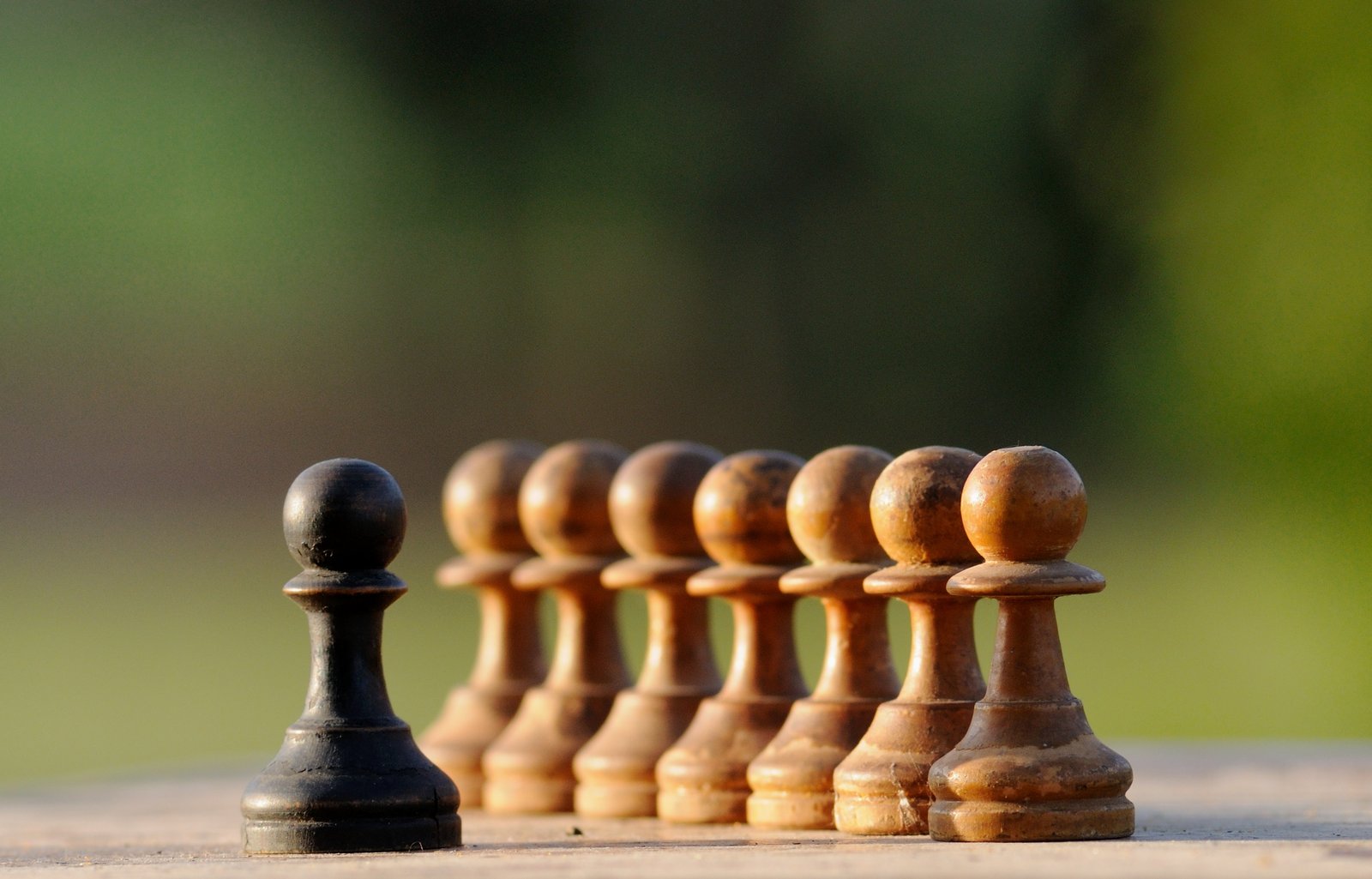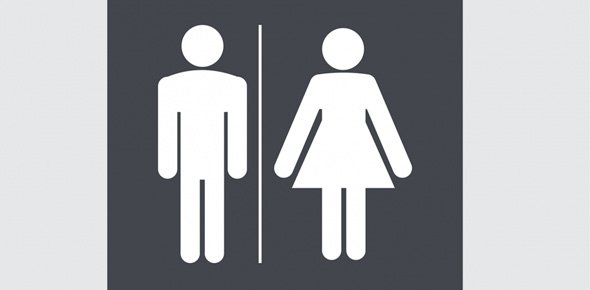Tag: bias
-

Fighting Your Prejudices Could Make Them Worse
We all have prejudices. Stereotypes are a necessary part of our psychological make-up and prejudices are an unfortunate side effect of these. However, we are sentient beings who should be able to rise above these prejudices, see them for what they are, and act in a fair and unbiased manner. Right? Weeeell… sooooort of. Imagine…
-

We act out our own stereotypes
We cannot help acting out our own stereotypes. By this I mean, if we have a stereotype which applies to us, we are prone to conforming to that stereotype. Priming is the means by which social psychologists, being extremely devious, awaken a schema in someone without their knowing it. It is like getting a thought…
-

“Will a major storm devastate a small island in the near future?” An example of the availability heuristic.
Do you think a major storm is likely to devastate a small island quite soon? I am no meteorologist but, being a psychologist, I expect that your answer to this question was “yes”. Two horrific storms are lashing different parts of the world as I write this. The newspapers and websites are full of the…
-

You probably think you have above average intelligence.
You probably think you have above average intelligence. I would agree with you, since you are reading my blog. It stands to reason that 50% of the population has above average intelligence, and 50% are below average. However, a study by Heck, Simons and Chabris has shown that 65% of Americans consider their intelligence to…